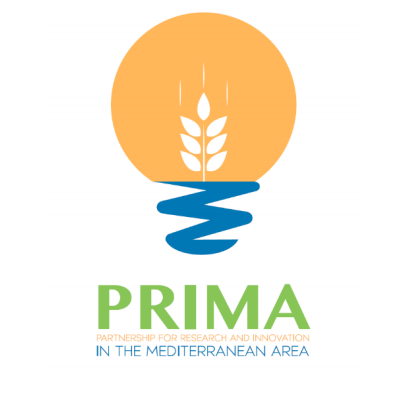
PRIMA Section 1 Farming Systems IA 2020
Deadline: May 13, 2020
CALL EXPIRED
CALL EXPIRED
Fisheries and Food
Agriculture
Agrifood
Aquaculture
Food Safety
Young Farmers
Social Farming
Water Resource Management
Call: Section 1 – Farming Systems 2020
Topic 1.2.1-2020 Genetic conservation and animal feeds
Sub-topic B) Alternative animal feeds (IA)
The proposals submitted to this call, should address only the sub topic B (sub topic A is described in a separate document)
Challenge
The Mediterranean’s population will reach 560 million people in 2030; the demand for meat as animal products is set to climb steeply as the population increases. It is urgently needed to transform the livestock production systems into more sustainable ones respecting the environment and meeting the expectations of consumers and citizens, while providing a fair income and good working conditions to producers.
With increasing demands for animal products by an ever-growing Mediterranean population and changing societal needs, animal breeding needs to evolve to incorporate genomic information in order to speed up response and increase productivity and quality in a context of climate change. Deeper investigation on the local breeds through genetic analyses and conservation programmes to valorize them are needed, making livestock production systems more resilient.
At the same time, sustainable livestock production in the Mediterranean is affected by the decrease of availability and quality of plant forage causing import of high prices feedstuffs such as cereals, which are the base of most of the concentrates. The lack of local alternative feeds combined with the rearing of non-adapted breeds and/or the inadequate management of herds can have a strong negative impact on soil while threatening the competitiveness and the sustainability of the livestock systems, especially in the South and East of the Mediterranean Area.
Scope
Projects shall capitalize on what has been done in research programmes and EC projects and asses alternatives feed resources based on local agricultural production. Proposals shall evaluate the impact of using alternative animal feeds on animal productivity and on the quality of the product. Environmental impact of alternative feeds should also be considered. Proposals should analyze the socio-economic impact of the proposed alternatives animal feeds and promotion of the adoption of these news feeds by the farmers. The proposed actions should be in line with the development of national and/or regional strategies and policies Activities shall comprise testing, demonstrating and/or piloting in a (near to) operational environment, as well as experimental production, in partnership with the main stakeholders including farmer’s and consumers organizations, advising institutions and the private sector (mainly SMEs).
Proposals should fall under the concept of the multi-actor approach[1], ensuring that all the stakeholders, from farmers to consumers and regulators, will contribute to the building of sustainable livestock production systems to further add value to EU Mediterranean foods of animal origin.
Expected impacts
The project results are expected to contribute to:
- Development and adoption of new alternative feed sources
- Adoption of a circular economy approach in the livestock production by valorising the by-products
- Valorisation of local crops or adapted species to the local conditions for animal feeding
- Reduce the cost of production and improve the quality of the final products
- Favor mix crop-livestock systems
Key Performance Indicators
- Number of innovations in farming systems developed enabling sustainable and efficient
agriculture and food systems - SDG#2- Indicator 2.5.1: Number of plant and animal genetic resources for food and agriculture
secured in either medium or long-term conservation facilities - SDG#2- Indicator 2.5.2 Proportion of local breeds classified as being at risk, not-at-risk or at
unknown level of risk of extinction
[1]The multi-actor approach aims to make innovation more demand-driven, and therefore should ensure genuine and sufficient involvement of various actors (end-users such as farmers/farmers’ groups, advisors, businesses, etc.) all along the project: from the participation in the planning of work and experiments, to implementation, the dissemination of results and a possible demonstration phase.
Public link: Only for registered users
 PRIMA
PRIMA
Please Log In to See This Section